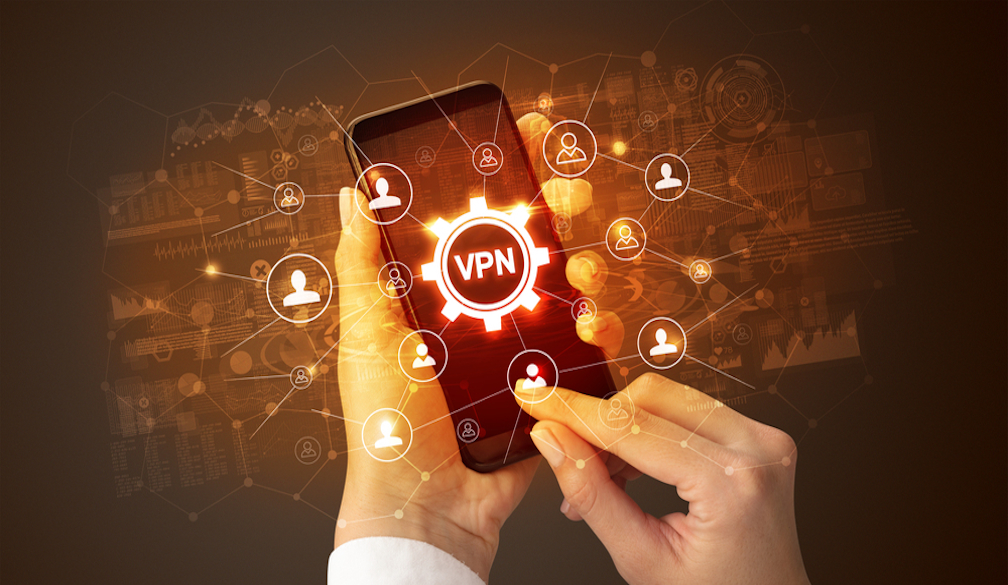Uncovering the Role of VPNs in Enhancing Cybersafety

With so many people engaging in commerce, communication, and entertainment online, cybersafety is more important than ever.
Virtual Private Networks (VPNs) have emerged as a popular tool for enhancing online security, along with other services like online blackmail support and sextortion help. This article explores how VPNs contribute to cybersafety and offers practical insights into their benefits and use.
What Are VPNs?
A Virtual Private Network (VPN) creates a secure and encrypted connection over a less secure network. Data is transmitted through an encrypted tunnel, making it difficult for hackers or cybercriminals to intercept.
VPNs also mask a user's IP address, which provides anonymity and protects their identity online. This combination of encryption and IP masking ensures that personal information remains confidential and secure.
Common uses of VPNs include securing data during online transactions, accessing restricted content, and protecting sensitive information from unauthorized access.
Key Benefits of VPNs for Cybersafety
Below, discover three of the top reasons to use a VPN as part of your cybersecurity processes.
Protecting Personal Information
One of the primary advantages of using a VPN is its ability to protect personal information from cybercriminals. With increasing instances of data breaches, securing sensitive data has become paramount.
VPNs encrypt data transmitted over the internet, ensuring that the information remains unreadable even if a hacker intercepts it. For example, a VPN prevents hackers from capturing financial details like credit card numbers and bank account information when accessing online banking or shopping sites.
Enhancing Online Privacy
VPNs also help maintain online privacy. In an era where personal data is often collected and sold by internet service providers (ISPs) and websites, VPNs offer a way to stay anonymous.
By masking the user's IP address, VPNs prevent ISPs and other entities from tracking browsing activities and collecting personal information. This is particularly important for individuals who value their privacy and want to avoid targeted advertising and potential data misuse.
Safeguarding Against Cyber Threats
The internet is rife with cyber threats such as malware, phishing, and sextortion. VPNs provide an additional layer of defense against these threats by encrypting all data transmitted over the network. This encryption makes it difficult for cybercriminals to execute attacks that rely on intercepting data.
For instance, sextortion, where hackers gain access to personal information and use it for blackmail, can be mitigated by using a VPN. VPNs offer crucial protection and enhance cybersafety by securing personal data and preventing unauthorized access.
VPNs in Different Contexts
VPNs can be beneficial for individuals and corporations. To understand how you can best use a VPN to your advantage, keep reading.
Personal Use
VPNs offer numerous benefits for individual users. One of the most significant advantages is secure browsing, especially when using public Wi-Fi networks. Public Wi-Fi is notoriously insecure, making it a prime target for hackers. A VPN ensures that data transmitted over public Wi-Fi is encrypted, protecting users from potential cyberattacks.
Also, VPNs allow users to access geo-restricted content. By connecting to servers in different locations, users can bypass regional restrictions and enjoy content that may not be available in their country. This feature is particularly popular for streaming services and accessing websites blocked in certain regions.
Business Use
Businesses also reap substantial benefits from using VPNs. Protecting corporate data is a top priority for companies of all sizes. VPNs ensure that sensitive business information, such as client details and proprietary data, remains secure from cyber threats.
This is especially important for companies with remote workers who need to access corporate networks from various locations. A VPN provides a secure connection for remote employees, ensuring that data transmitted between the employee and the corporate network is encrypted and safe from interception.
Many industries, such as finance, healthcare, and legal services, heavily rely on VPNs to maintain the confidentiality and integrity of their data. Financial institutions use VPNs to secure online transactions and communications, while healthcare providers use them to protect patient information and comply with regulatory requirements.
Choosing the Right VPN
Selecting the right VPN service is crucial for maximizing security and performance. Consider key factors like the level of security features, speed, user-friendliness, and cost. To ensure a seamless online experience, it is essential to choose a VPN that offers robust encryption protocols, a no-logs policy, and high-speed servers.
Comparing popular VPN services can help identify the best option based on individual needs and preferences. It is also important to select a reputable provider to avoid potential security risks associated with unreliable VPN services.
VPNs offer a reliable solution for maintaining a secure and private online experience, whether it’s for personal or business use. By understanding the benefits and choosing the right service, users can significantly enhance their cybersecurity posture and protect their valuable data from potential threats.
VPNs: Your Digital Shield
VPNs are essential tools for enhancing your cybersafety. They protect personal information, ensure online privacy, and safeguard against cyber threats. By choosing the right VPN, individuals and businesses can enjoy a secure and private online experience.







